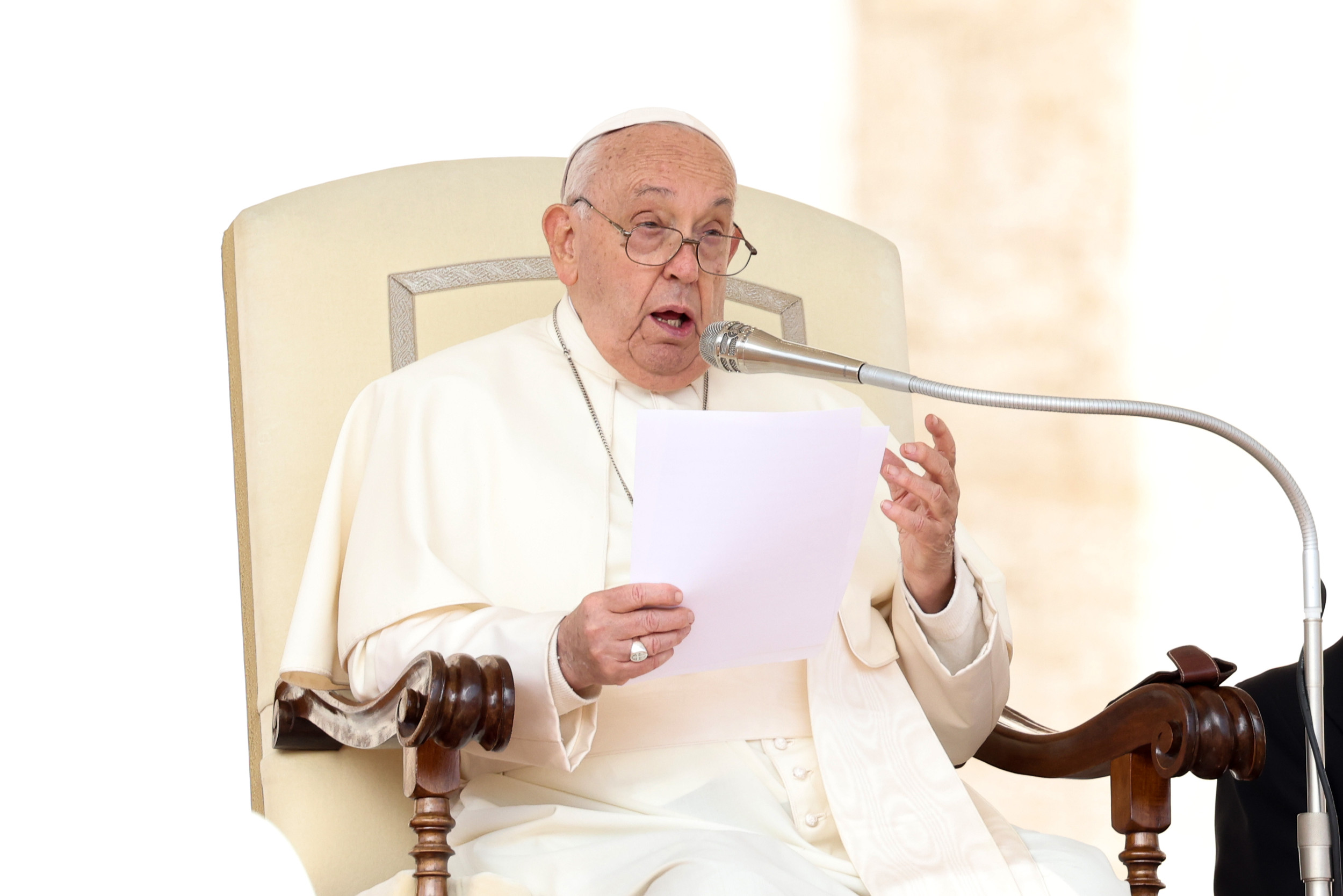Pope Francis took decisive action on Wednesday by expelling ten individuals, including a bishop and several priests and laypeople, from the Sodalitium, a Catholic group based in Peru. This measure was prompted after the Vatican uncovered shocking reports of “sadistic” abuse within the organization.
Abuse within religious settings, particularly the Catholic Church, has been a persistent issue, and Francis has openly expressed his “shame” regarding these incidents.
The Peruvian Bishops Conference shared a statement on their website, which detailed that the expulsions from Sodalitium Christianae Vitae (SCV) were part of a “special” decision made by the Pope himself.
An investigation revealed various forms of abuse, from physical violence and sect-like manipulation to financial misconduct in managing church resources. There were also alarming claims regarding the misuse of journalistic duties within SCV, as reported in the Vatican’s statement.
The inquiry was conducted by top Vatican officials, including Archbishop Charles Scicluna and Monsignor Jordi Bertomeu, who uncovered severe misconduct, including harassment of victims and cover-ups of crimes.
The highest-ranking official expelled was Archbishop Jose Antonio Eguren, who had previously resigned as bishop of Piura under similar controversies.
These expulsions are notable as they represent a rare instance of accountability in relation to the Church’s canon law, with the Vatican directly naming those held responsible for the abuses.
The Vatican explained that the decision for expulsion considered the widespread scandal generated by the serious nature of the reported abuses, which starkly contradict the principles of the evangelical councils.
This decision follows last month’s expulsion of SCV’s founder, Luis Figari. Under an external investigation, Figari was found guilty of numerous abuses, including sexual misconduct towards his recruits. He established SCV in 1971 to create a community of “soldiers for God,” which gained significant traction in South America.
Reports of Figari’s abuses began surfacing in 2011, but real action was delayed until the publication of a tell-all book in 2015, prompting the Vatican’s intervention.
In a 2017 investigation, Figari was described as having a deeply troubling personality, marked by traits such as paranoia and manipulation.
Pedro Salinas, one of Figari’s victims, reflected on the expulsions, noting they are a positive development after years of impunity. However, he stressed that the entire organization should be dismantled, as several key figures remain unaddressed.
Salinas expressed hope for further sweeping changes, emphasizing that the news is a crucial milestone towards justice.
The Peruvian bishops echoed Francis’s plea for forgiveness towards the victims and urged SCV to embark on a genuine path to justice and restitution, as stated by the Vatican.

Franco Origlia/Getty Images
This article incorporates reporting from The Associated Press.
